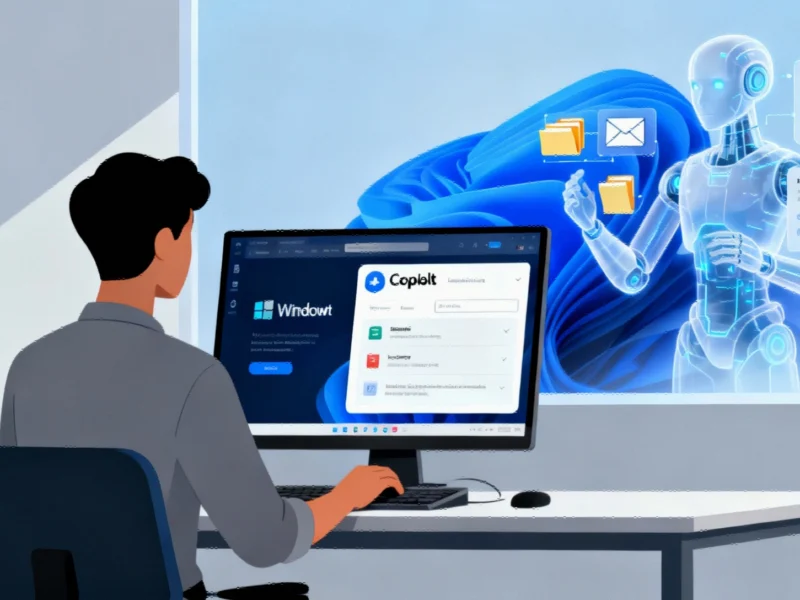According to TheRegister.com, a comprehensive study involving over 10,000 participants has revealed that using ChatGPT and similar AI tools for research leads to significantly shallower understanding compared to traditional web searches. The research, published in October’s issue of PNAS Nexus and conducted by University of Pennsylvania’s Wharton School and New Mexico State University, found that AI users developed weaker grasp of subjects, provided fewer concrete facts, and produced advice that was less informative and trustworthy. Across seven experiments covering topics from vegetable gardening to financial scams, participants using AI summaries spent less time engaging with sources, reported learning less, and showed more uniform responses compared to those doing traditional research. The findings suggest that while AI tools offer convenience, they may inadvertently suppress the depth of knowledge users gain by reducing the mental effort required for genuine understanding.
The Cognitive Cost of Convenience
What this research fundamentally reveals is that learning isn’t just about information acquisition—it’s about the cognitive processing that occurs during the search itself. When you manually gather information from multiple sources, your brain engages in crucial activities: comparing conflicting data, evaluating source credibility, synthesizing different perspectives, and building mental models. These processes create the neural pathways that transform raw information into usable knowledge. AI summaries bypass this entire cognitive workout, delivering pre-digested answers that require minimal mental engagement. The result is what cognitive scientists call “inert knowledge”—information that’s been acquired but isn’t properly integrated into your existing understanding, making it difficult to apply creatively or adapt to new situations.
The Deskilling of Digital Natives
Perhaps the most concerning implication is what researchers called the potential “deskilling” effect on younger generations. We’re witnessing the emergence of what I call “synthesis dependence”—a growing inability to perform basic research tasks because AI tools handle the heavy lifting. This isn’t just about academic performance; it’s about developing the critical thinking skills necessary for professional success. In business environments, the ability to quickly assess multiple sources, identify patterns, and form independent conclusions separates competent professionals from exceptional ones. If students never develop these muscles during their formative education years, we risk creating a workforce that can follow instructions but struggles with complex problem-solving and innovation.
The Hidden Reliability Crisis
The study’s findings about AI-generated advice being perceived as less trustworthy points to a larger issue that extends beyond education. As noted in the PNAS Nexus paper, the same fluency that makes AI responses appealing also makes their limitations harder to detect. AI models are optimized for coherence, not accuracy, and they often present speculative information with the same confidence as verified facts. This creates what I’ve observed as “authoritative uncertainty”—responses that sound definitive but may contain subtle errors, biases, or oversimplifications. In professional contexts, this can lead to costly mistakes when users assume AI-generated summaries are comprehensive when they’re actually selective or incomplete.
Finding the Right Balance
The solution isn’t to abandon AI tools entirely but to develop what educational technologists call “scaffolded integration.” AI should serve as a starting point or supplement rather than a replacement for traditional research methods. For instance, students might use AI to generate an initial overview of a topic, then verify and expand upon that information through primary sources. Professionals could employ AI for brainstorming sessions but maintain responsibility for fact-checking and critical analysis. The key insight from this research is that the value isn’t in the information itself, but in the cognitive processes we engage while seeking and synthesizing that information. As we move forward with AI integration in education and workplace settings, we must preserve the mental challenges that build genuine expertise rather than outsourcing them to algorithms.




